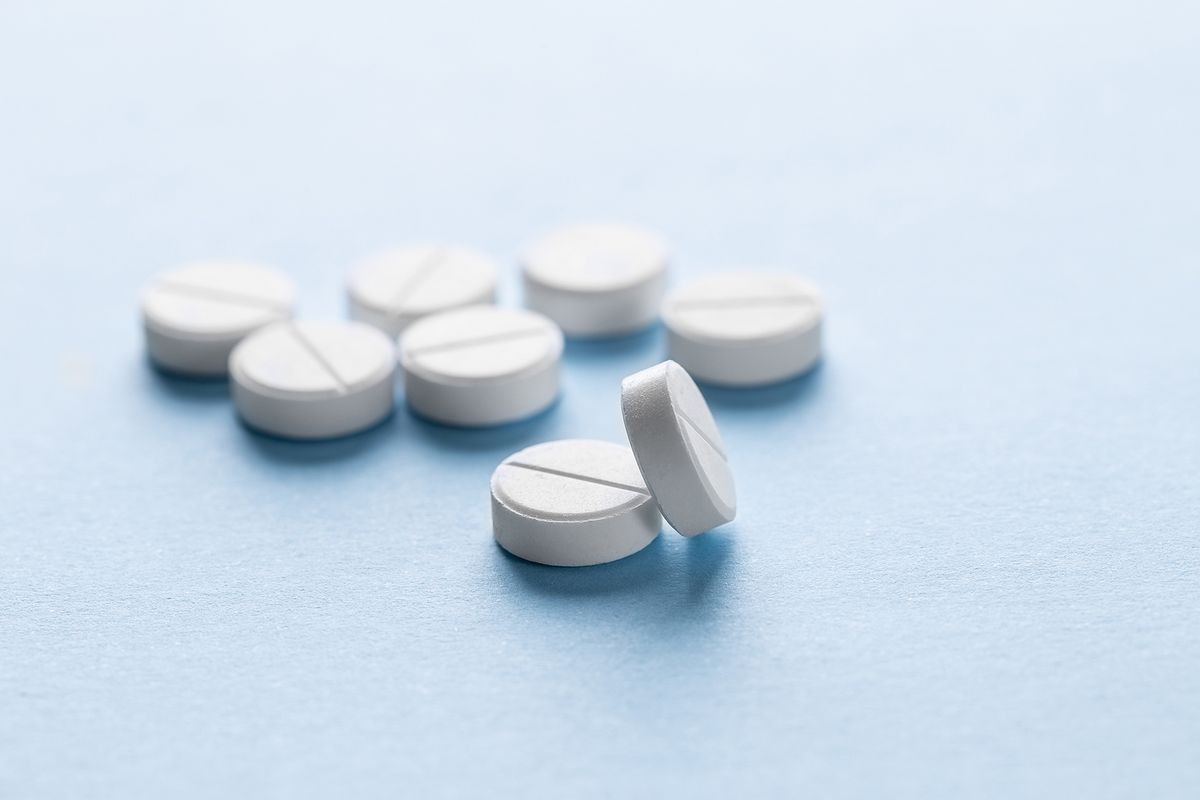
Contents
Side Effects of Microzide (hydrochlorothiazide)
Microzide (hydrochlorothiazide) is a diuretic used to treat excessive fluid accumulation and swelling (edema) caused by heart failure, cirrhosis, chronic kidney failure, corticosteroid medications, and nephrotic syndrome. It is also used to treat high blood pressure, either alone or in conjunction with other blood pressure lowering medications.
Microzide can also be used for treating calcium-containing kidney stones by decreasing the amount of calcium excreted in urine. However, it is rarely used for treating edema in cirrhosis of the liver due to the availability of more effective diuretics.
Common side effects of Microzide include:
- weakness,
- low blood pressure,
- light sensitivity (rash caused by sunlight),
- impotence,
- nausea, and
- abdominal pain.
Serious side effects of Microzide include:
- electrolyte disturbances,
- pancreatitis,
- jaundice, and
- life-threatening allergic reaction (anaphylaxis).
Microzide can interact with other drugs such as lithium, nonsteroidal anti-inflammatory drugs (NSAIDs), and corticosteroids, resulting in potential adverse reactions. It is important to consult with a healthcare professional before taking Microzide if you are pregnant or breastfeeding.
Important Side Effects of Microzide (hydrochlorothiazide)
Side effects of hydrochlorothiazide include:
- weakness,
- low blood pressure,
- light sensitivity (rash caused by sunlight),
- impotence,
- nausea, and
- abdominal pain.
More serious side effects include:
- electrolyte disturbances,
- pancreatitis,
- jaundice, and
- life-threatening allergic reaction (anaphylaxis).
Patients allergic to sulfa may also be allergic to hydrochlorothiazide due to the similarity in the chemical structure of the medications.
Hydrochlorothiazide, the active ingredient of Microzide, can aggravate kidney dysfunction. It can also lower blood potassium, sodium, and magnesium levels, which may cause abnormalities in heart rhythm, especially in patients taking digoxin. It is common to supplement with potassium during hydrochlorothiazide treatment to prevent low potassium levels.
Blood uric acid levels can increase during hydrochlorothiazide treatment and may cause acute gout in some individuals. Thiazide diuretics may also increase blood sugar levels and potentially lead to diabetes.
Microzide (hydrochlorothiazide) Side Effects for Healthcare Professionals
The adverse reactions associated with hydrochlorothiazide have been shown to be dose related. In clinical trials, adverse events reported with doses of 12.5 mg hydrochlorothiazide once daily were comparable to placebo. The following adverse reactions have been reported for doses of hydrochlorothiazide 25 mg and greater and are listed in decreasing severity:
- Body as a whole: Weakness.
- Cardiovascular: Hypotension including orthostatic hypotension.
- Digestive: Pancreatitis, jaundice, diarrhea, vomiting, abdominal cramping, constipation, gastric irritation, nausea, anorexia.
- Hematologic: Aplastic anemia, agranulocytosis, leukopenia, hemolytic anemia, thrombocytopenia.
- Hypersensitivity: Anaphylactic reactions, necrotizing angiitis, respiratory distress, photosensitivity, fever, urticaria, rash, purpura.
- Metabolic: Electrolyte imbalance, hyperglycemia, glycosuria, hyperuricemia.
- Musculoskeletal: Muscle spasm.
- Nervous System/Psychiatric: Vertigo, paresthesia, dizziness, headache, restlessness.
- Renal: Renal failure, renal dysfunction, interstitial nephritis.
- Skin: Erythema multiforme, exfoliative dermatitis, alopecia.
- Special Senses: Transient blurred vision, xanthopsia.
- Urogenital: Impotence.
Whenever adverse reactions are moderate or severe, thiazide dosage should be reduced or therapy withdrawn.
Drug Interactions with Microzide (hydrochlorothiazide)
The following drugs may interact with thiazide diuretics:
- Alcohol, barbiturates, or narcotics: potentiation of orthostatic hypotension may occur.
- Antidiabetic drugs: dosage adjustment of the antidiabetic drug may be required.
- Other antihypertensive drugs: additive effect or potentiation.
- Cholestyramine and colestipol resins: reduce the absorption of hydrochlorothiazide.
- Corticosteroid, ACTH: intensified electrolyte depletion, particularly hypokalemia.
- Pressor amines (e.g., norepinephrine): possible decreased response to pressor amines.
- Skeletal muscle relaxants, nondepolarizing (e.g., tubocurarine): possible increased responsiveness to the muscle relaxant.
- Lithium: should generally not be given with diuretics to prevent lithium toxicity.
- Non-steroidal anti-inflammatory drugs: administration can reduce the diuretic effects of thiazide diuretics.
Thiazides should be discontinued before carrying out tests for parathyroid function.
Summary
Microzide (hydrochlorothiazide) is a diuretic used to treat excessive fluid accumulation and swelling (edema) caused by various conditions. It is also used for high blood pressure. Common side effects include weakness, low blood pressure, light sensitivity, impotence, nausea, and abdominal pain. The use of Microzide during pregnancy and breastfeeding should be discussed with a healthcare professional. Intense diuresis using Microzide may reduce breast milk production.


